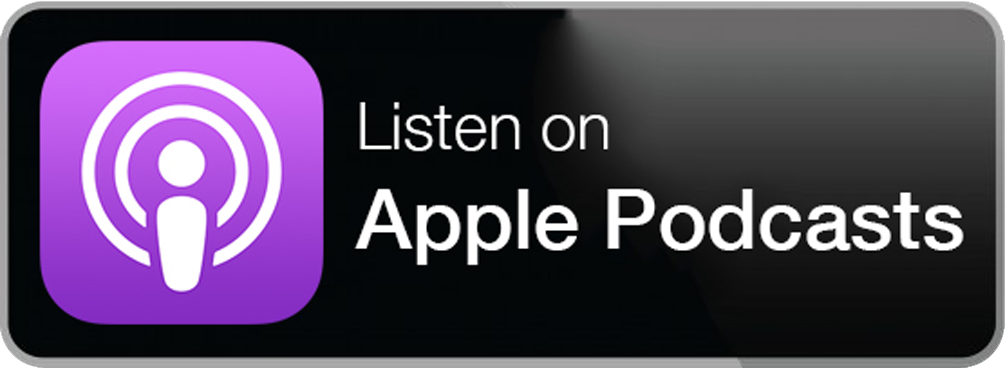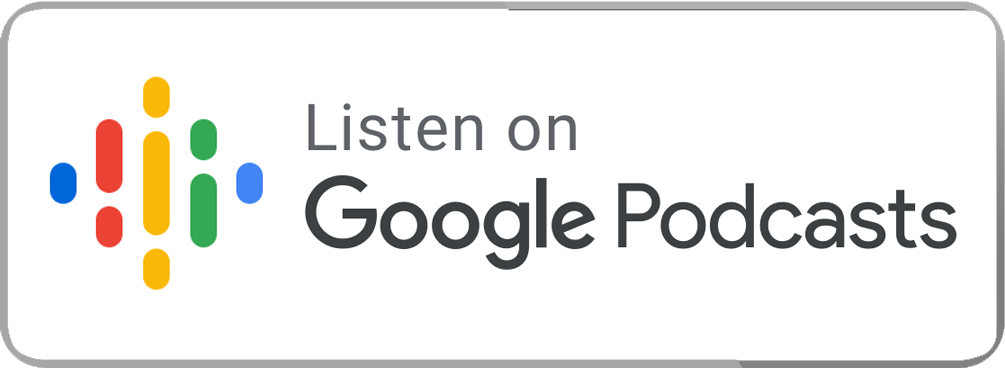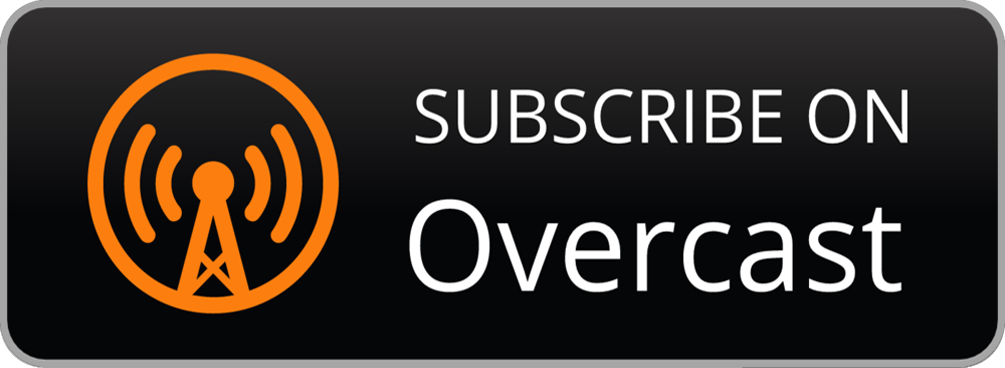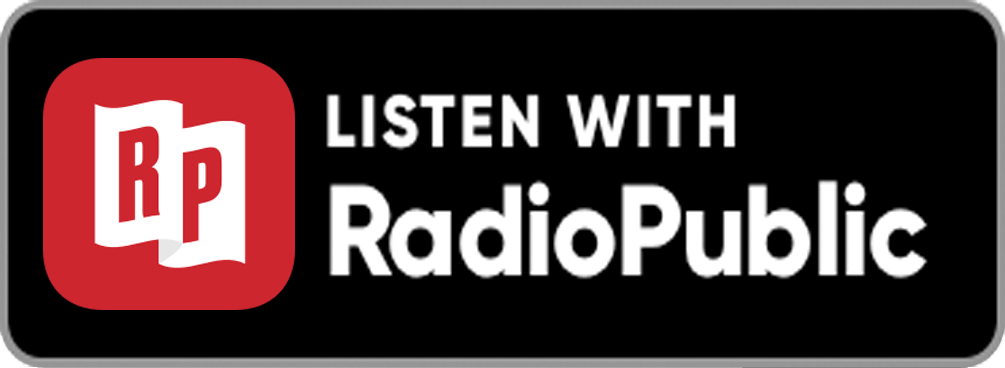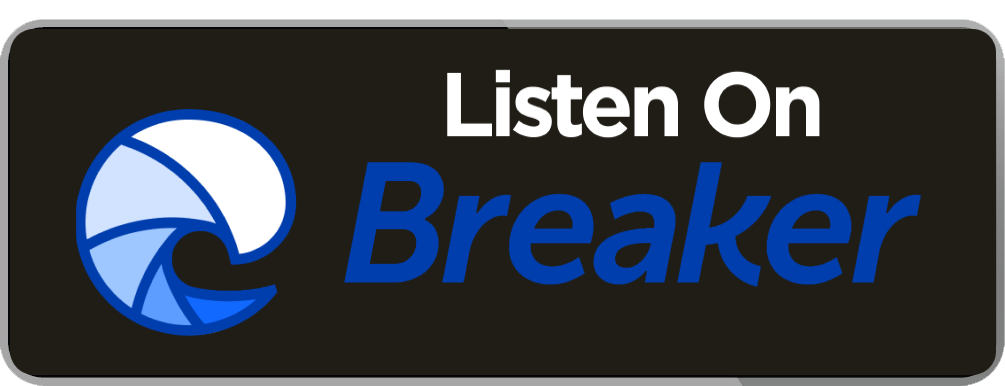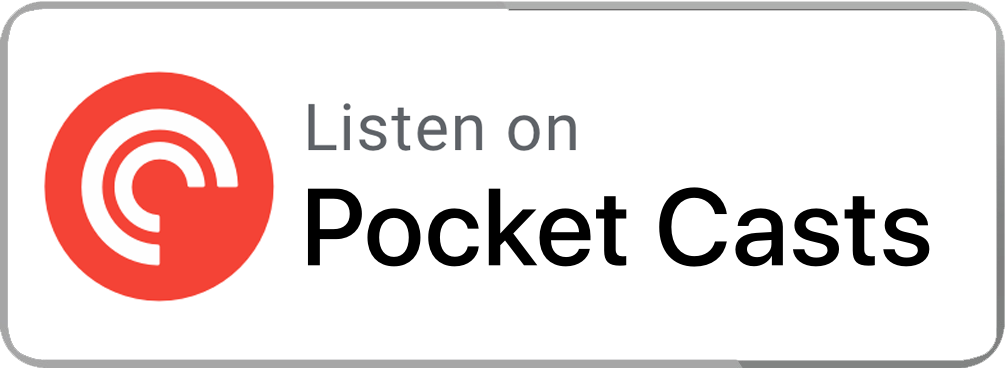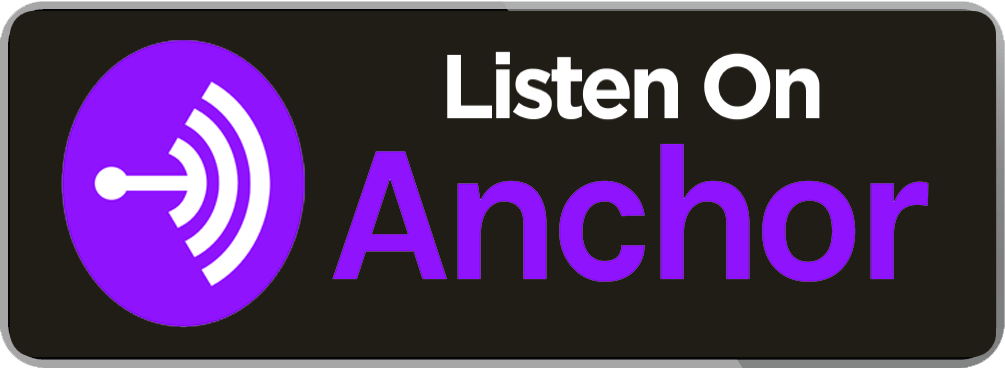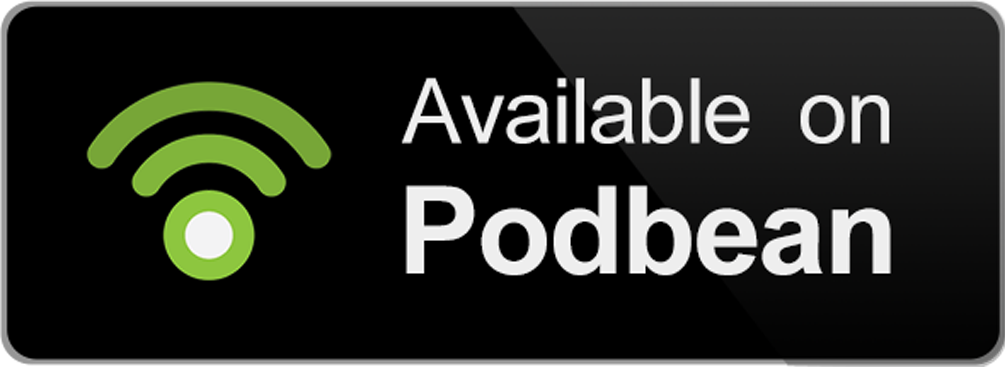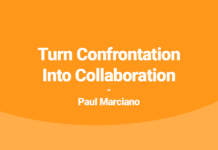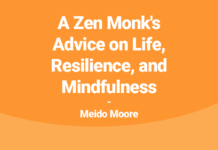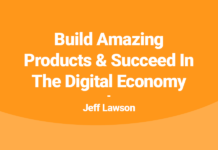Heather Monahan is a best-selling author, brand ambassador for Perry Ellis International, and founder of Boss In Heels. Her new book is Confidence Creator.
Audio Player
Transcript:
Kevin Kruse: Today on the show I talked to our guest about overcoming fear, overcoming Imposter Syndrome, and boosting confidence. And it turns out a key piece of her advice is already part of my morning ritual.
Our quote of the day, “You gain strength, courage, and confidence by every experience in which you really stop to look fear in the face. You're able to say to yourself, ‘I lived through this horror, I can take the next thing that comes along'.” —Eleanor Roosevelt
Our guest today is a best-selling author, brand ambassador for Perry Ellis International, and founder of Boss in Heels. Her new book is Confidence Creator. Our guest is Heather Monahan. Heather, welcome to the show.
Heather Monahan: Thank you so much for having me.
Kruse: I mentioned in your bio that your new book is Confidence Creator, and you tell stories from your life, your career, and all about how you learned to build your own confidence. So why'd you write the book? Why is it so important to you?
Monahan: I got fired. That was a really big catalyst to why I wrote the book. And in that moment, I had reached the C-Suite in corporate America and I had always been promoted and really had been driven at work. And in that moment when I lost my job I felt I had lost everything. I had a major downward spiral and my confidence hit rock bottom.
And I just started doing the things that I've always done subconsciously. I didn't think about it, but I always knew to create a plan, and focus on a small window, 30 days, and what do I want to look like in 30 … I started implementing all of these tactics and strategies that I've always used in business and applied them essentially to building confidence. And I had been doing this for a while and not realizing it, so when I sat down and started writing, I didn't know what I was going to write at first. It really started formulating.
And when I realized, I took a step back and said, “I think I have a book on confidence here. I've got to come up with something unique.” You have to have a unique value proposition in any endeavor you're taking on. I thought there are lots of books that are preachy, telling you do this and do that, why don't I take it from the angle of “here are my lowest moments and here's how I struggled, but here's how I learned to bounce back from it.” That's how Confidence Creator came to be.
Kruse: I love that. I'm a big believer in unique value propositions. And whether you're trying to position yourself for a job, whether you're an author writing a book, whether you're an entrepreneur, whatever it is, I often come back and it's like, “Okay, what is the unique offer here? How is this or how am I different than any other?” It's interesting that you realized that early in the process yourself. And in your book, you identify the number one enemy when it comes to hurting confidence. Who's that number one enemy?
Monahan: That person, that thing can be different for different people. And I want everyone to know that. We all are unique, our struggles are unique. However, we're much more similar than you would imagine.
For me, recently a year, two years ago, I had a villain in my life. And that villain was my number one enemy. Now that I'm removed from the situation, I see that.
Now go back 10 years in my life, I used to be the number one enemy for myself, because I would run a really negative tape in my head. Basically saying, “I can't believe you blew that. You're an idiot. Why did you do that? They're looking at you. You look fat.” Whatever negative story I was telling myself, it would run all day long. And you're listening to yourself more than anyone else. 10 years ago it was me.
I turned that around. I changed that dialogue. I ran a new tape. And it worked for me and I benefited from it. And then a number of different things happened, and years later it ended up that I had allowed a villain to come into my life. And the minute I fired that villain from my life, I took off.
Kruse: How do we start to boost our confidence? And let me just pick up with what you said, because you said the word allowed. You allowed the villain, you allowed that person to have that power. How did you recognize that you had done that? And then how do you take that power away?
Monahan: I didn't. I didn't recognize. This is hindsight now. I'm basically the Monday morning quarterback talking about the game last night, but when I look back I see that was my challenge. This person actually fired me. She thought she fired me that day. What I learned was I fired the villain from my life. And it took not a long time, it was the first couple of weeks that I just started noticing. Having that space and being away from someone that was passive aggressive to me. That would walk into meetings and pretend I wasn't there. That would give me these negative looks as though what I'm saying was horrible and not adding value. Really was diminishing my confidence over time. But I was not aware of it. I knew I felt uncomfortable around her.
I knew that we didn't like each other, but I thought well, this is corporate America. I've got to make it work. It's my job. I've been here 14 years. And that moment when I got fired, I was able to pick my head up and I suggest this to everyone. Pick your head up right now and just look around and say, “What is it that I really want to do with my life? What is it that I really want to be?”
Because so often we can get in that rut that I was in, that this is where I'm supposed to be. This is all I know to do. This is my job. And what I've learned since then is your unique skills and talents will make you successful no matter where you go. You don't have to be at that company, at that job, or in that industry. You can literally, like me, go from being a chief revenue officer of a radio company to a year later becoming a best-selling author. You can just go for it. And you can make it work for you.
Kruse: I love that. It made me think back to a guest I had on the show. I think it was almost a year ago. And she was talking about being fearless and doing career changes. And she said, “It seems like everybody feels like if you lose the job you have now, you're going to be living in that van down by the river.”
And yet, of course like you said, you might be taken out of your current job situation, but you've got all the talents and skills and connections and everything else that you have while you're there. Odds of ending up down washing your clothes in the river are very low.
Monahan: Absolutely. But when your confidence is low, that's the perspective that you enable yourself to take.
It's more difficult. For me, focusing on building the confidence back up is what allowed me to get to a place where I said, “You know what? In the past I've been able to see fear, face it, and go right through it, and I succeeded okay. I'm betting on me again.” But it took some process for me to get there.
Kruse: What about when you're the villain to yourself? Meaning that negative self-talk, that negative loop going on and on? How do I interrupt that pattern? Or what do I do to turn that around?
Monahan: The first thing that worked for me was I started focusing on gratitude. I would write down three things a day that I was grateful for every morning. And I tackled this for a 30 day plan. “This is what I'm going to do for 30 days. I can make myself do this.” And I promise you if you do this for one week you will see a shift in how you think, how you feel, and how you perceive things around you. That's number one.
Number two, I used to write notes on the bottom of shoes, on my heels. “I can do this.” “I am enough.” Whatever message I needed to hear. That way, during the day things are going to happen, you're going to have challenges and your confidence might dip because it's not static. And I would look down and I could help myself in that moment.
When I was in a better mindset the day before, I left myself a tip in a note. And I was able to access that the next day. I would do the same thing with my phone, my computer. I have pop up messaging that show different poems that really inspire me, different moments where I've achieved and feel really proud. Accessing those reminders and setting those safety nets for myself also allows me to feel better about myself, because I'm being part of the solution to solving my own problems.
Kruse: You also write in your book that “Your vibe attracts your tribe.” What do you mean?
Monahan: When you're down and in a low place in your life. And we've all been there, whether it was the recession, or if you've been divorced, or fired, a number of different life experiences everyone has that are low moments. Typically, when you get in those phases and you're feeling low, that's what you're putting out to the world and showing the world.
And suddenly our outer appearance starts to reflect that. And you're not dressing as powerful. You're not taking the time to do your hair. Maybe you're saying, “It's not worth it. I'm too busy and I can't put myself first.” And slowly your whole entire aura and entity has transitioned in some way. You don't notice it, because you're going through it every day. But the rest of the world does.
And you're not going to pull those really powerful, excited people to you when you're slumped over at your desk looking down at the ground not feeling like you deserve to be around people like that. It's really about shining your light and stepping into your power and wearing colors that make you look and feel great and powerful. And taking a power stance when you walk into a room. And smiling, and really just being you.
When you begin to step into that, and for me it's I love to hit up Drake before I'm going to do something. I'm obsessed. When I listen to Drake, I get in a mindset that I can see my light shining and I feel so powerful. And I walk into a room like that and people are drawn to you because they feel that really positive vibe and that energy that you're putting out is real. And when you start living in your own power and your own light, people that are like minded start coming to you.
Kruse: It's great. When I was in Italy once an Italian woman said to me, “Kevin, there are no ugly people, only lazy people.” And what she meant was “It has nothing to do with the shape of your body or your age or one certain look, it's more about taking care of yourself and expressing yourself in different ways.”
Monahan: It's about being intentional and just putting that effort and that awareness out there. And if you go to work like that every day, watch the changes that start happening. And here's the thing. We're always teaching people how to treat us. When you walk in like that, you're teaching people that you're a force to be reckoned with. And people will start seeing you that way.
Kruse: You earlier said that you had burst through fear a few times. And you talk about flipping the script on fear. Tell me more about that. Because I get a of questions about it when it comes to career changes, especially, but also big life changes. How do we face that fear but do it anyway?
Monahan: I keep a list always of three different times that I've felt really scared about something, moved forward with it, and that I didn't die. I lived. It doesn't so much that I don't know that I achieved every single goal that I had around that fear, but the fact that I went through it took me to that next place that I never could have gone to if I didn't take that step. One of them recently was an NBA player read my book. And he DM-ed me on LinkedIn, and said, “The difference between a good basketball player in the NBA and a great one is only confidence. Could you meet with me? I'd love to talk to you and see if you can help me a bit.”
I felt so afraid in that moment, because yes, I'd written the book. Now I'm an author. Now I'm going to coach NBA players? I felt like a fraud. There's this whole fraud mindset that happens to you. And I've got a chapter on that in the book. And I was really scared. What if I couldn't help him? And what if he was flying all this way to see me? I pulled the levers that I've taught myself. I looked at three instances in my past where I was petrified to do something and I did, and it worked out okay. I got through it.
And I put on my power clothes. And I stood in my power of okay, had to remember that you are enough, remember your energy, remember what you're bringing. And then I walked into this meeting, still feeling very afraid, but actually walking into it made me feel stronger. That I'm taking a risk and I'm going forward. Fear is not real. It's a liar. And when I got there, I saw a 24-year-old young man holding my book, clutching to it. And I saw that he was looking for something to lean on, something to help him. And suddenly in my mind I just thought of my son. And I thought, “You know what? I can do this.”
“And I am the person that wrote this book. And you know what? I might not have every answer, but I'm sure I can help him with one thing. And if I can do that, you know what? It was worth being here.” And we definitely had a great conversation and I definitely felt like I added some value to him.
Kruse: And it shows whether you're an NBA player or a CEO or whomever, we all need confidence boosts. We all have Imposter Syndrome, because we're always getting to a higher and higher level that we've never been at before.
I always like to challenge my listeners to take action today on something that a guest has said. And I'd like to end with that one, saying we all talk about attitude of gratitude. They've heard me talk about that before. But this idea of today, let's all take the time to think about three times when we've faced our fears and we didn't die, to use your words. Maybe it wasn't everything we expected. Maybe we didn't hit it out of the park. But we didn't die. It turned out okay. And then let's remember those times the next time we're needing to muster up that courage and confidence. Heather, how can our listeners find out more about you, your work, and your new book?
Monahan: My website is HeatherMonahan.com. I have a free ebook on there you can download to get an idea of what Confidence Creator is about. My book is on Audible, Kindle, paperback and hardcover on Amazon. And I am on all social media platforms @HeatherMonahan.
Kruse: Perfect. And we will put all of those links in the show notes. Heather, thanks for coming on the LEADx Show.
Monahan: Thanks so much for having me, Kevin.
- https://www.heathermonahan.com/ – Website
- @heathermonahanofficial – Facebook
- @_heathermonahan – Twitter
- @heathermonahan – Instagram
- https://www.linkedin.com/in/theheathermonahan/ – LinkedIn
- https://www.youtube.com/channel/UCRMW8O4r97IhsGqGTo0dCpg – YouTube
- Buy her book, Confidence Creator


